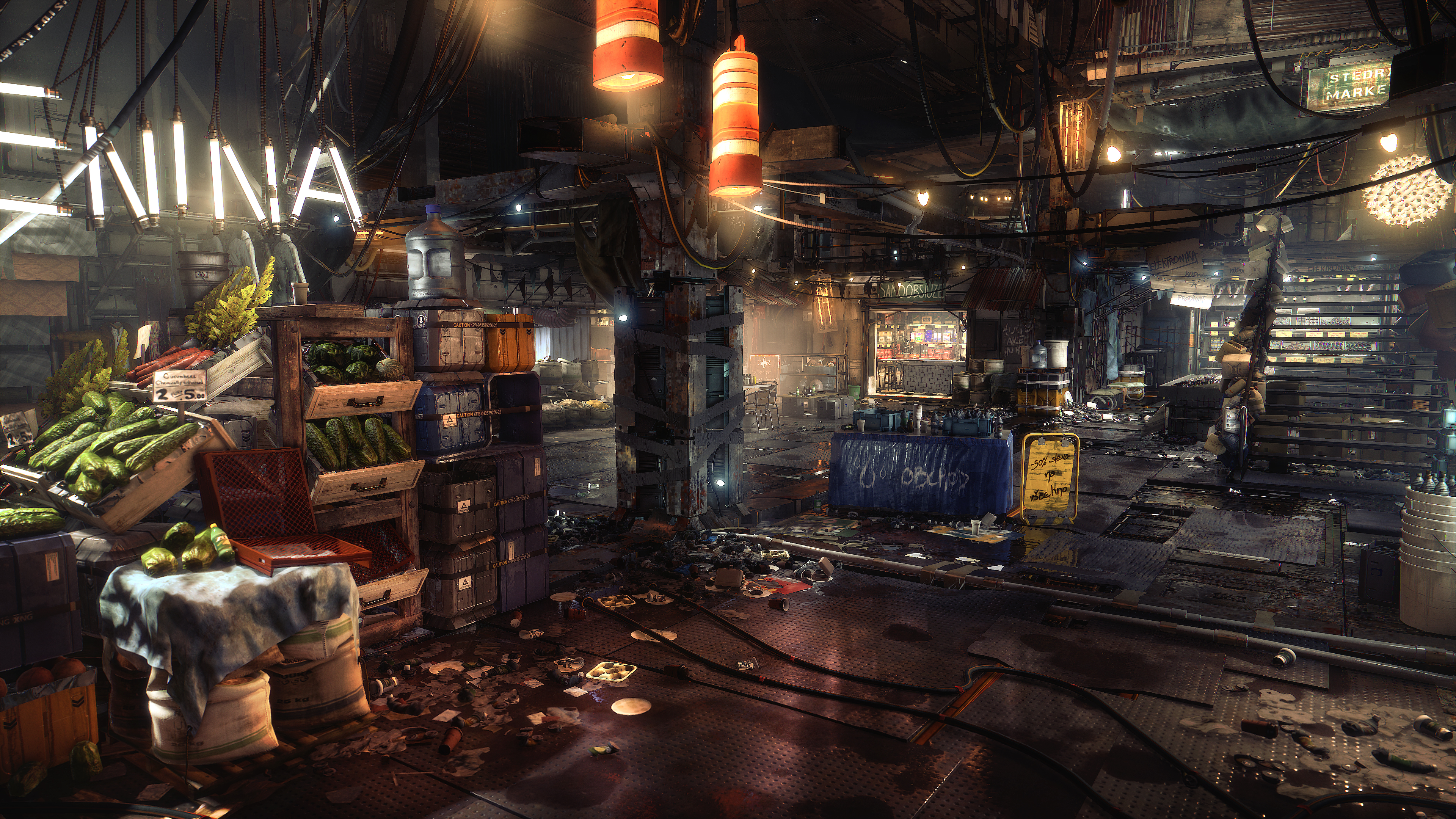Grand Theft Scratchy
Banned
During the 80s and 90s, most video game genres tended to stay squarely in their lanes. First person shooters like Doom focused exclusively on gunning down monsters. Role-playing games like Ultima epitomized inventories and statistics. And stealth games like Thief prioritized sneaking through the shadows above all else.
Every now and then, an experience like System Shock or Strife would come along, and challenge the medium’s self-imposed rigidness by melding multiple genres together. Yet many would argue that it was only after the release of Deus Ex that the idea of a genre-bending game became truly popular. The brainchild of Warren Spector, Deus Ex allowed players to make their way through a cyberpunk rendition of the year 2052 using a wide variety of different mechanics and playstyles, allowing for an uncountable number of solutions to its life-like quagmires. The experience that it provided was as stupendous in its execution as it was difficult to quantify – so much so, that it would single-handedly usher in the term “Immersive Sim” to describe all prior and future games that would be included in its lineage.
Countless developers would incorporate Deus Ex’s most salient aspects into their craft in the wake of its release, and many would reap the benefits of doing so for years to come. Yet Deus Ex’s own developers would struggle to fully capitalize on their opus’s success, producing only a single, underwhelming sequel in the years that would follow before being scattered to the wind. A passionate team based in Montreal would eventually take up the series’s mantle, and release a respectful reboot over a decade after the first game’s debut. But in the end – despite following up said reboot with a solid sequel – the team would be forced to focus its efforts elsewhere, and the series would go dormant once more.
This is the rise and fall of Deus Ex.
One of my favorite video game series.





